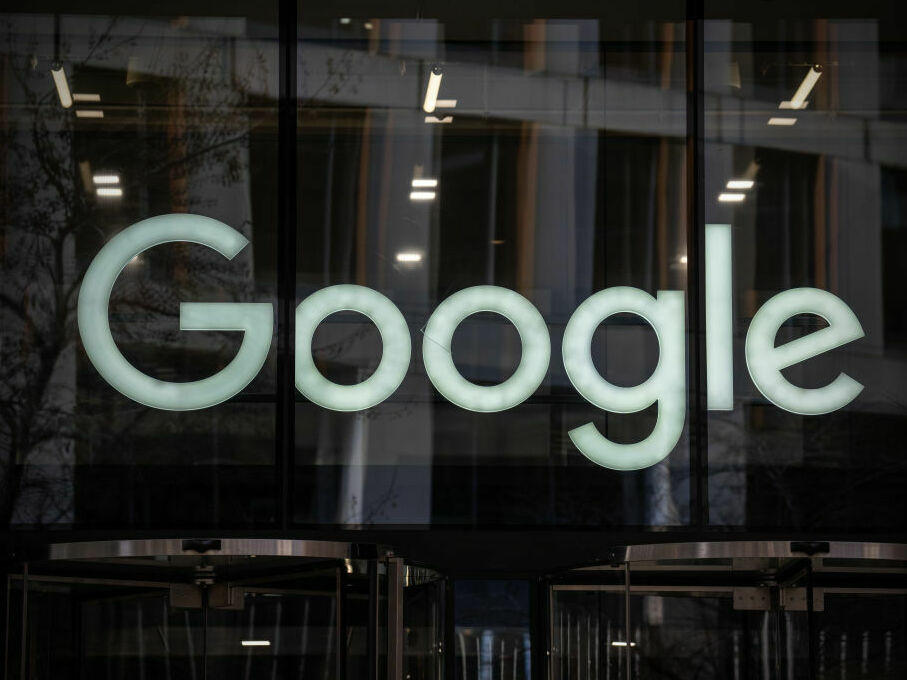Section Branding
Header Content
Chinese national arrested and charged with stealing AI trade secrets from Google
Primary Content
A Chinese national who allegedly stole more than 500 files from Google with confidential information on the company's AI technology has been arrested and charged with stealing trade secrets, according to the Justice Department.
The defendant, former Google employee Linwei Ding, was arrested Wednesday morning in Newark, Calif. The 38-year-old faces four counts of theft of trade secrets. Prosecutors say at the same time that Ding was working for Google and stealing the building blocks of its AI technology, he was also secretly employed by two China-based tech companies.
"The Justice Department will not tolerate the theft of artificial intelligence and other advanced technologies that could put our national security at risk," Attorney General Merrick Garland said in a statement. "We will fiercely protect sensitive technologies developed in America from falling into the hands of those who should not have them."
The case is latest example of what American officials say is a relentless campaign by China to try to steal U.S. trade secrets, technology and intellectual property. Officials say China aims to use those stolen secrets to supplant the U.S. as the world's leading power.
"Today's charges are the latest illustration of the lengths affiliates of companies based in the People's Republic of China are willing to go to steal American innovation," said FBI Director Christopher Wray. "The theft of innovative technology and trade secrets from American companies can cost jobs and have devastating economic and national security consequences."
The U.S. is the global leader in AI, an emerging technology that could reshape many facets of modern life.
AI also could become an indispensable tool to help law enforcement protect public safety. But Justice Department officials also have warned of the potential dangers that AI poses to national security if it falls into the hands of criminals or hostile nation states.
The department has also formed a unit to protect advanced American technology such as AI from being pilfered by foreign adversaries.
In Ding's case, the indictment says the trade secrets he allegedly stole are related to "the hardware infrastructure and software platform that allow Google's supercomputing data centers to train large AI models through machine learning."
Google spokesperson Jose Castaneda said the company has "strict safeguards to prevent theft of our confidential commercial information and trade secrets."
"After an investigation, we found that this employee stole numerous documents, and we quickly referred the case to law enforcement," Castaneda said. "We are grateful to the FBI for helping protect our information and will continue cooperating with them closely."
The indictment says Ding was hired at Google as a software engineer in 2019. His work focused on the development of software related to machine learning and AI applications, according to prosecutors.
In May of 2022, Ding allegedly began uploading confidential information—more than 500 unique files in all—from Google's network into a personal Google Cloud account.
Prosecutors say Ding tried to hide what he was doing by copying the stolen files first into the Apple Notes application on his laptop, converting them into PDF files and uploading those into his personal Cloud account.
Less than a month later, court papers say, Ding received emails from the head of a Chinese technology company, Beijing Rongshu Lianzhi Technology, with an offer to be the company's chief technology officer.
Ding allegedly traveled to China to help raise money for the company, which worked on AI, and was announced as the company's CTO. A year later, Ding also allegedly founded his own technology company, Zhisuan, that also focused on AI and machine learning.
Prosecutors say Ding never informed Google of his ties to either Chinese company, and continued to be employed by Google.
Then in December 2023, court papers say, Google detected Ding trying to upload more files from the company's network to his personal account while he was in China. Ding allegedly told the company's investigator that he'd uploaded the files as evidence of his work for Google.
A week after being interviewed by the investigator, Ding allegedly booked a one-way ticket to Beijing. He then sent his resignation letter to Google. Shortly after that, the company learned of Ding's role with Zhisuan. Google then suspended his access to the company's networks.
Shortly after that, the FBI began its investigation.

